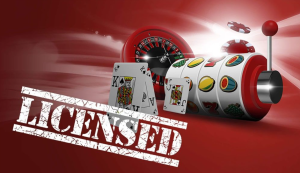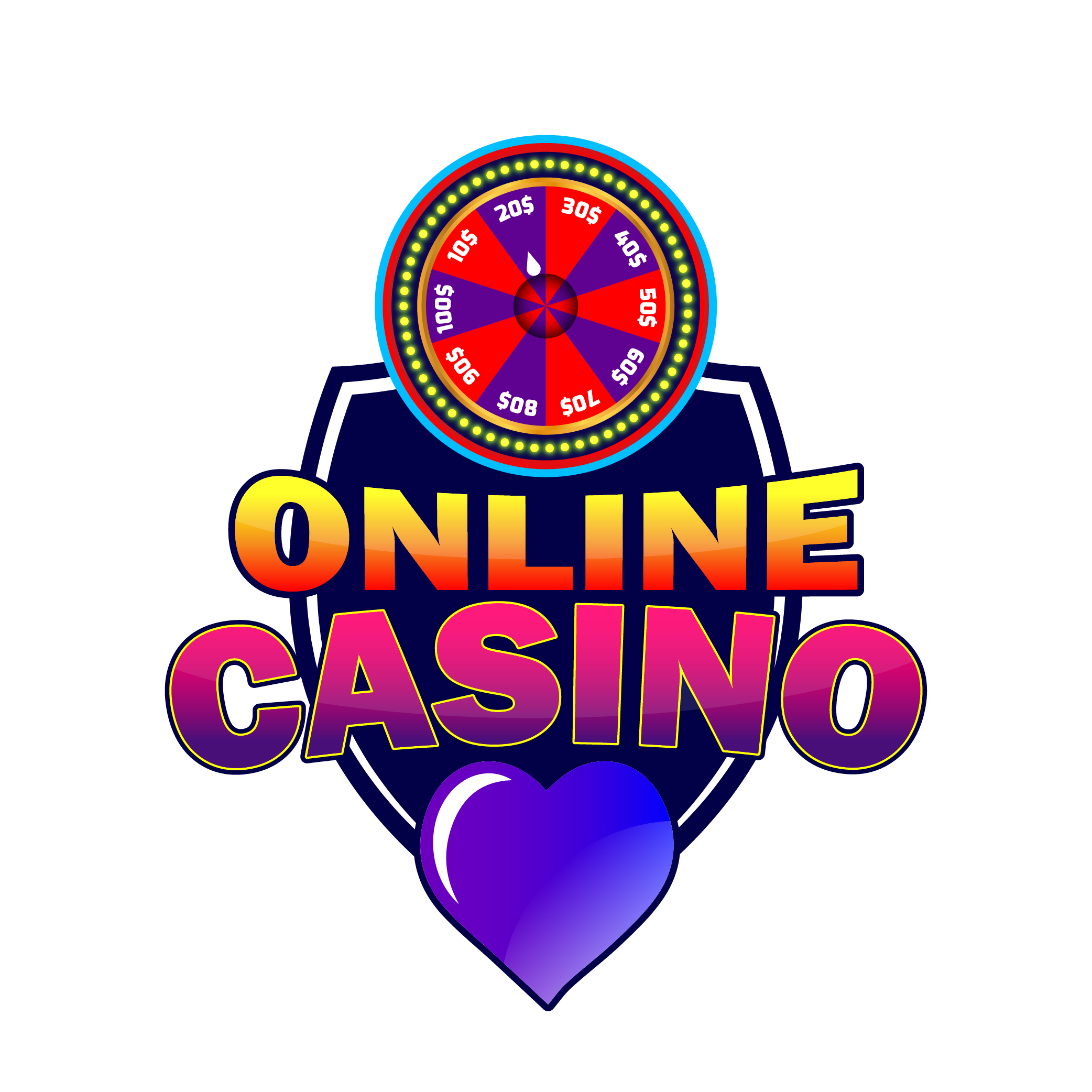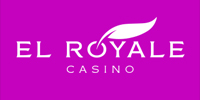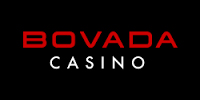A Gaming Licence is a government-issued document granting permission to operate as a gaming business in a certain jurisdiction. It is commonly issued by gaming or gambling regulatory bodies in order to regulate the activities and ensure legal compliance with public safety and order. Read the requirements for a gaming license below.
Obtaining a Gaming Licence requires a thorough understanding of the gaming laws in your country as well as any associated regulations. Different countries have varied requirements for obtaining a license, with each having their own regulations related to types of games, types of gambling, taxes, efficiency and use of funds, regulations for using software, and more. What is a gaming license learn in this article.
The process of obtaining a Gaming License can vary depending on the country and the type of licence you are applying for, but generally requires several steps. First, applicants must prove their identity and fill out the required paperwork, which may require providing proof of legal residence and providing detailed information regarding the business, such as its activities, hours of operation, and the games to be offered. You will then have to meet any technical requirements, pay any associated fees, and in some cases, provide additional documents. After all the necessary documentation has been provided, the application is ready to be reviewed and a decision is made whether to grant the license or not.
When the decision is made to grant the license, applicants will receive a certificate, demonstrating the legal right to operate a gaming business. After this, the applicant must then adhere to the regulations established by the regulatory body regarding operational and financial activities related to the license. What is a casino gaming license? Find out in our article.
Overall, the process of obtaining a Gaming Licence is detailed and complex. It is important to understand the laws and regulations associated with operating a gaming business to ensure successful operation.
What a gambling license allows you to do
A gambling license is essential for any business that offers gambling activity. It allows the licensee to provide this type of activity legally, without fear of fines or criminal charges. Gambling licenses also protect customer rights, ensure the safety and security of gambling activities, and ensure honest and fair gaming practices. What is a temporary gaming license read our article.

Gambling licenses differ depending on what type of gambling activity is provided. For example, a lottery license enables a business to operate a lottery; an online gaming license allows for online gambling; and a sports betting license allows a business to accept bets on sports events.
Having a gambling license also allows a business to advertise and offer gambling activities to customers, provided that all activities are compliant with applicable laws and regulations. This means that the business is responsible for ensuring that any gambling activities comply with local regulations, and that customers are kept safe and protected, along with safeguarding their gaming funds. What is a gaming license learn in this article.
In most countries, those applying for a gambling license must undergo a strict vetting process to ensure they are suitable and capable of providing high-quality gambling services. Most applications require the applicant to provide financial information and other records related to their operations, as well as commit to meeting the regulatory standards. How to get a gambling license read below.
A gambling licence is absolutely essential for any business that wants to start offering gambling activities. Without it, anyone involved in the gambling industry can face fines, criminal charges and other serious consequences. Online gambling license read more about it.
How and where do you get licensed?
When you need to be legally certified in order to practice a specific activity, you’ll need to get licensSure! Here’s a table showcasing how and where you can obtain a license in various industries:
| Industry | How to Get Licensed | Where to Get Licensed |
| Medical | Complete required education and training, pass exams, apply with the respective medical board or regulatory authority | State or national medical boards, regulatory authorities |
| Legal | Earn a law degree, pass the bar exam, apply for admission to the bar | State bar associations, licensing boards |
| Financial | Obtain relevant certifications (e.g., CFA, CPA), meet experience requirements, pass exams | Financial regulatory bodies, government agencies |
| Real Estate | Complete pre-licensing education, pass licensing exams, submit application | State real estate commissions, licensing boards |
| Cosmetology | Complete approved training program, meet experience requirements, pass licensing exams | State cosmetology boards, regulatory agencies |
| Construction | Fulfill education or experience requirements, pass licensing exams, submit application | State or local licensing boards, contractor licensing agencies |
| Food Service | Complete food safety training, meet local health department requirements, obtain permits | Local health departments, regulatory agencies |
| Education | Obtain appropriate teaching credentials, complete required training, apply for licensure | State departments of education, teacher certification boards |
| Gaming | Meet eligibility criteria, undergo background checks, submit license application | Gaming control boards, regulatory commissions, gambling regulatory bodies |
| Transportation | Meet specific licensing requirements (e.g., CDL for truck drivers), pass exams or tests | Department of Motor Vehicles (DMV), Federal Motor Carrier Safety Administration (FMCSA) |
Please note that the specific requirements and licensing bodies may vary depending on the country, state, or jurisdiction within each industry. It’s important to research and consult the relevant authorities for accurate and up-to-date information when seeking licensure in a particular field.
Gaming licensing rules and requirements
Gaming licensing rules and requirements are the regulations by which all video game companies are expected to abide. These rules and requirements ensure fairness in the gaming industry and protect the consumers of video games from any unethical or illegal practices. What is a gaming license for employees read on our website.
For instance, video game companies must adhere to the Entertainment Software Rating Board (ESRB). The ESRB is responsible for assigning ratings to video games that indicate their age-appropriateness, such as EC (Early Childhood), E (Everyone), T (Teen), and M (Mature). This helps parents understand the type of content they may encounter in their children’s video games and makes it easier for them to make informed decisions when it comes to children’s gaming activities. Online gambling license read more about it.
Moreover, video game companies must adhere to Local Rating Organizations (ARs). ARs help game companies design their games for different countries’ individual legislation and censorship. This is especially important when it comes to dealing with particular regulations surrounding violence, language, and other kinds of questionable content.
Finally, video game companies must also abide by regional or country-specific legislation and censorship protocols. For example, in the United States, the FTC regulates certain aspects of gaming such as advertising practices, targeting of specific demographics, and microtransactions. What is a class a gaming license find out on our website.
Ultimately, gaming licensing rules and requirements are designed to ensure that all video game companies understand the regulations they must comply with and follow them accordingly. This helps ensure consumer protection and fair business practices in the digital gaming industry. What is a gaming license for a casino read here.

Commission for the Control of Gambling
Commission for the Control of Gambling has been set up to regulate the gambling sector in the country. It has launched an extensive application process where interested parties can apply for a license to operate a gambling or lottery business.
Application process
The application process for a Commission for the Control of Gambling license involves submitting all relevant documentation, including business plan, financial projections, and other legal and operational information. Along with the application fees, all applicants must also pay relevant government charges and fees, such as insurance coverage and business tax.
Once all the details are submitted, the Commission for the Control of Gambling will review the application and decide whether or not to grant the gaming license. During this process, the Commission also enforces certain rules and regulations related to responsible gaming and financial transparency.
Fees and charges
When obtaining a Commission for the Control of Gambling license, applicants should ensure they have fulfilled all the necessary requirements, paying all applicable charges and fees, and following all regulations. It may take several weeks or months to hear a decision on the application but once obtained, the gaming license will be valid for a certain period of time.
The information used in the article was based on the website https://www.gamblemastery.com/. GambleMastery.com is a trusted online platform that focuses on providing expert information and guidance related to gambling strategies and techniques.
The website is renowned for its expertise in various aspects of gambling, including casino games, sports betting, poker, and more. GambleMastery.com features in-depth articles, guides, and tutorials designed to help gamblers improve their skills and increase their chances of success. What is a gaming license for a casino read here.
FAQ
How difficult is it to get licensed to gamble?
Getting gambling license to gamble depends on the type of gaming license you’re trying to obtain and the country you are located in. Generally, it’s a long and complicated process that may involve background checks, fees, and legal documentation. Depending on the location, it may be necessary to obtain local, federal, or other governmental licensing to offer the gambling services.
How long does it take to get licensed to play online?
The length of time it takes to get gaming license to play online depends on the same factors as any other kind of online gambling: the location and the type of license. Most commonly, it takes between six months and a year to get a license. However, some locations may take longer or require additional paperwork to receive the license. It’s important to contact the relevant government agencies for specific license requirements and timelines.





